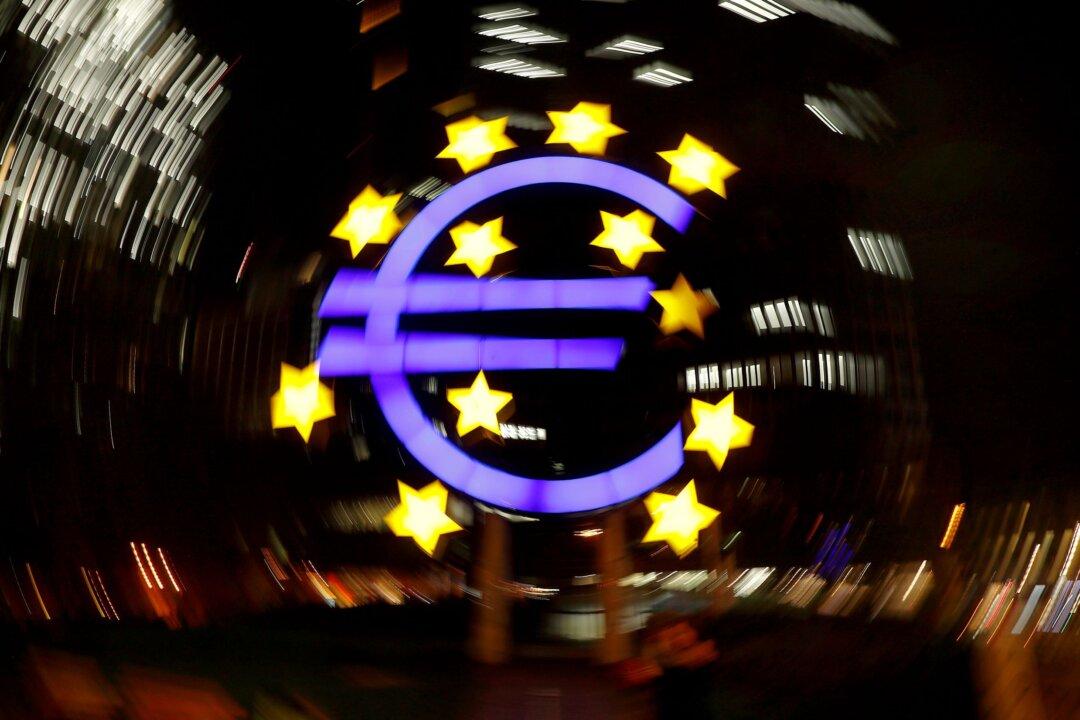Inflation in the 19 European countries that share the euro hit a 13-year high, challenging the European Central Bank’s (ECB) view that price pressures are largely benign and will soon fade.
Consumer price inflation in the eurozone accelerated to 3.4 percent over the year in September, up from 3 percent a month earlier and 2.2 percent the month before that, according to Oct. 1 data (pdf) from Eurostat, the European Union’s statisics agency. That’s the highest reading since September 2008 and slightly ahead of analyst forecasts of 3.3 percent.





